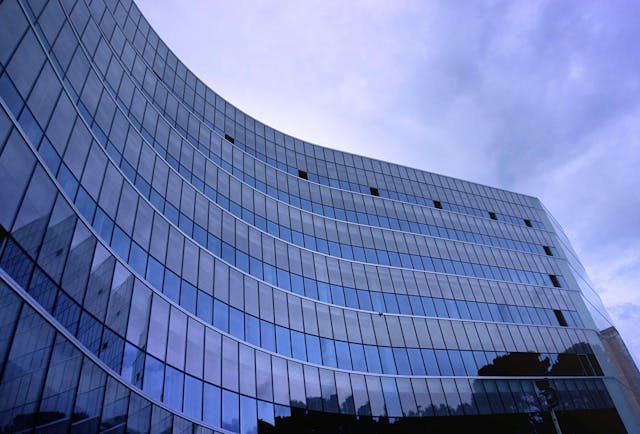29/06/2024- A significant trend has emerged in the Information Technology (IT) sector: the migration of companies from Tier 1 cities to Tier 2 cities. This shift is driven by various economic advantages that Tier 2 cities offer. As the global business environment becomes increasingly competitive, IT companies are constantly seeking ways to optimize costs while maintaining high levels of productivity and employee satisfaction.
Lower Operational Costs
One of the most compelling reasons for IT companies to move to Tier 2 cities is the substantial reduction in operational costs. Real estate prices in Tier 1 cities like Bangalore, Mumbai, and Delhi have skyrocketed, making it expensive for companies to lease or buy office space. In contrast, Tier 2 cities such as Pune, Coimbatore, and Bhubaneswar offer more affordable real estate options. Lower rent and property prices significantly reduce the overhead expenses for IT companies, allowing them to allocate resources more efficiently.
Cost of Living
The cost of living in Tier 2 cities is considerably lower than in Tier 1 cities. This includes expenses related to housing, transportation, food, and other daily necessities. As a result, employees can enjoy a better quality of life on relatively lower salaries. This not only helps companies save on payroll costs but also enhances employee satisfaction and retention, as the financial pressure on employees is reduced.
Talent Pool Availability
Tier 2 cities are home to many educational institutions producing skilled graduates in engineering, computer science, and other relevant fields. The presence of these institutions ensures a steady supply of fresh talent for IT companies. Moreover, the competition for hiring in Tier 2 cities is less intense compared to Tier 1 cities, making it easier and more cost-effective to recruit qualified professionals.
Government Incentives
Local and state governments in Tier 2 cities often provide various incentives to attract IT companies. These incentives can include tax breaks, subsidies, and grants for setting up operations. Additionally, governments may invest in improving infrastructure, such as high-speed internet connectivity and transportation networks, to make these cities more attractive to businesses.
Improved Infrastructure
Tier 2 cities are rapidly developing their infrastructure to support the growth of the IT sector. Many of these cities now boast modern tech parks, reliable power supply, and advanced communication networks. Improved infrastructure ensures that IT companies can operate smoothly and efficiently, without the disruptions that might be more common in less developed areas.
Better Quality of Life
Employees in Tier 2 cities often enjoy a better work-life balance due to shorter commute times and less crowded living conditions. This can lead to increased productivity and job satisfaction. Additionally, the presence of green spaces, lower pollution levels, and a more relaxed lifestyle contribute to overall well-being.
Sustainable Growth
Expanding IT companies into Tier 2 cities contributes to more balanced regional development and reduces the strain on resources in Tier 1 cities. This decentralization promotes sustainable growth by spreading economic activity evenly across the country.
Conclusion
The economic advantages of moving to Tier 2 cities are clear. Lower operational costs, a reasonable cost of living, access to a growing talent pool, government incentives, improved infrastructure, a better quality of life, and sustainable growth all make Tier 2 cities an attractive option for IT companies.

